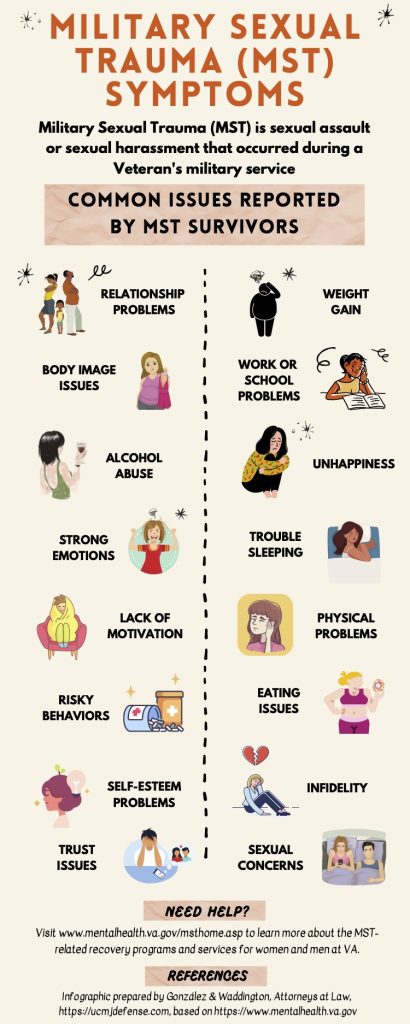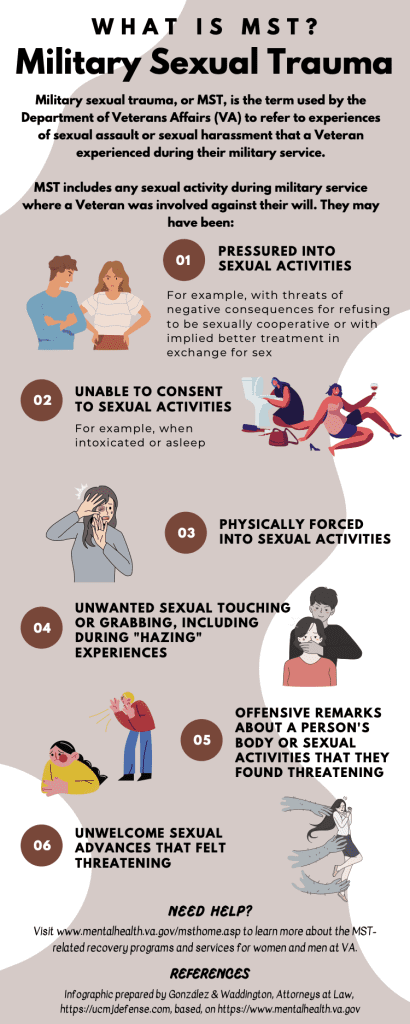Video: False Accusations & Histrionic Personality Disorder
Call us today to get more information
Video on Histrionic Personality Disorder and False Sexual Assault Lawyers
Psychological effects of false accusations in a relationship with a histrionic personality disorder sufferer
Histrionic Personality Disorder, False Allegations, and the Role of Court Martial Lawyers in Article 120 UCMJ Cases
The intersection of mental health and the military justice system is a complex terrain, especially when it involves conditions like Histrionic Personality Disorder (HPD) and the potential for false allegations. As the stakes rise with accusations under Article 120 UCMJ, the skill of court martial lawyers becomes indispensable. This article delves into the intricate relationship between HPD, false allegations, and the pivotal role of sexual assault defense lawyers in the military justice system.
Understanding Histrionic Personality Disorder (HPD)
HPD is a mental health condition characterized by a pattern of seeking attention and being excessively emotional. Individuals with HPD may:
- Constantly seek reassurance or approval
- Be excessively dramatic with exaggerated expressions of emotion
- Believe that relationships are more intimate than they are
- Be easily influenced by others
- Attention-Seeking Behavior: For some individuals with HPD, the attention that comes from being perceived as a victim might be a driving force behind false allegations.
- Exaggerated Emotions: The heightened emotional state associated with HPD might lead to exaggerated claims or misinterpretations of events.
- Misunderstanding Relationships: A person with HPD might misconstrue the nature of a relationship, leading to potential misunderstandings or allegations.
- Expertise in Military Law: Military law, especially provisions like Article 120 UCMJ, is intricate. Court martial lawyers have specialized training to navigate its complexities, ensuring that the accused’s rights are upheld.
- Understanding of Mental Health Nuances: Recognizing the potential influence of conditions like HPD on allegations requires a nuanced understanding. Sexual assault defense lawyers, with their experience, can effectively factor in these considerations when building a defense.
- Strategic Defense Planning: Crafting a robust defense strategy requires meticulous planning. These lawyers analyze every piece of evidence, witness testimony, and procedural detail to build a compelling case.
- Stigma and Presumption: Often, the accused faces immediate social and professional repercussions. Military defense lawyers work diligently to shift this narrative, ensuring that the accused is presumed innocent until proven guilty.
- Complex Evidence and Testimonies: Such cases often hinge on intricate evidence and testimonies, which might be influenced by conditions like HPD. Defense lawyers meticulously analyze this evidence, ensuring that the truth emerges.
- Balancing Sensitivity with Rigor: Given the sensitive nature of sexual assault allegations and the potential influence of mental health conditions, defense lawyers must strike a balance between approaching the case with empathy and ensuring that the defense is rigorous and uncompromising.
What to know when a person with a histrionic personality disorder makes false accusations against you
▬ Contents of this video ▬▬▬▬▬▬▬▬▬▬ 0:00 – Intro 0:49 – What is Histrionic personality disorder 1:22 – HPD criteria 1 – Uncomfortable when not the center of attention 2:41 – HPD criteria 2 – Seductive or provocative behavior 3:50 – HPD criteria 3 – Shifting and shallow emotions 4:48 – HPD criteria 4 – Uses appearance to draw attention 6:06 – HPD criteria 5 – Impressionistic and vague speech 8:02 – HPD criteria 6 – Dramatic or exaggerated emotions 9:33 – Histrionic personality disorder and false accusations 12:33 – HPD criteria 7 – Suggestible (easily influenced by others) 16:28 – HPD criteria 8 – Considers relationships more intimate than they are 18:06 – Summary of Histrionic personality disorder criteria Histrionic personality disorder (HPD), is a dramatic personality disorder, similar to Borderline Personality Disorder, and is a psychiatric disorder distinguished by a pattern of exaggerated emotionality and attention-seeking behaviors. Histrionic personality disorder falls within the “Cluster B” of personality disorders. Cluster B personality disorders include conditions such as narcissistic personality disorder, borderline personality disorder, and antisocial personality disorder.[slide-anything id=”54789″]
Histrionic Personality Disorder (HPD) women tend to target with false accusations:
- “Nice men”
- Overly respectful men
- Men that are grounded
- Men that are trusting
- Uncomfortable when not the center of attention
- Seductive or provocative behavior
- Shifting and shallow emotions
- Uses appearance to draw attention
- Impressionistic and vague speech
- Dramatic or exaggerated emotions
- Suggestible (easily influenced by others)
- Considers relationships more intimate than they are
A person with a histrionic personality disorder might also:
- Be uncomfortable unless he or she is the center of attention
- Dress provocatively and/or exhibit inappropriately seductive or flirtatious behavior
- Shift emotions rapidly
- Act very dramatically—as though performing before an audience
- Have exaggerated emotions and expressions, yet appear to lack sincerity
- Be overly concerned with physical appearance
- Constantly seek reassurance or approval
- Be gullible and easily influenced by others
- Be excessively sensitive to criticism or disapproval
- Have a low tolerance for frustration and be easily bored by routine
- Often beginning projects without finishing them or skipping from one event to another
- Be overly concerned with physical appearance
- Not think before acting
- Make rash decisions
- Be self-centered and rarely show concern for others
- Have difficulty maintaining relationships, often seeming fake or shallow in their dealings with others
- Threaten or attempt suicide to get attention
- These personality disorders are commonly described as:
- Dramatic, excitable, erratic, or volatile.
People with histrionic personality disorder (HPD) typically present as:
- flirtatious
- seductive
- charming
- manipulative
- impulsive
- lively
This chart shows the alleged symptoms of Military Sexual Trauma – MST. MST and lifetime benefits are the primary factors motivating false sexual assault accusations in the military.
These vague symptoms below of Military Sexual Trauma (MST), as defined by the Department of Veterans Affairs, describe many of the same characteristics as those suffering from Borderline Personality Disorder (BPD) and Histrionic Personality Disorder (HPD). As such, it is easy for a fake victim with BPD or HPD to qualify for VA Disability and early medical retirement for preexisting mental health conditions. All they need to do is add in an unwanted sexual advance, sexual harassment, sexual assault, a butt grab, drunk sex, or sexual comments, and they will likely get a lifetime of free benefits. They may be vibrant, enchanting, overly seductive, or inappropriately sexual with most of the people they meet, even when they are not sexually attracted to them. Infographic on Military Sexual Trauma MST-VA Disability for Military Sexual Assault PTSD
People presenting with a histrionic personality disorder (HPD) may demonstrate rapidly shifting and shallow emotions that others may perceive as insincere.
Those with a histrionic personality disorder may speak in a vague style that lacks in detail. They may be impressionable, gullible, suggestible, and easily influenced–especially by the people they admire. They tend to consider relationships closer than they usually are.
Infographic on Military Sexual Trauma MST-VA Disability for Military Sexual Assault PTSD
People presenting with a histrionic personality disorder (HPD) may demonstrate rapidly shifting and shallow emotions that others may perceive as insincere.
Those with a histrionic personality disorder may speak in a vague style that lacks in detail. They may be impressionable, gullible, suggestible, and easily influenced–especially by the people they admire. They tend to consider relationships closer than they usually are.
 Infographic Military Sexual Trauma – MST Symptoms VA Disability Ratings
Infographic Military Sexual Trauma – MST Symptoms VA Disability Ratings
